Maths lessons add up for teenagers
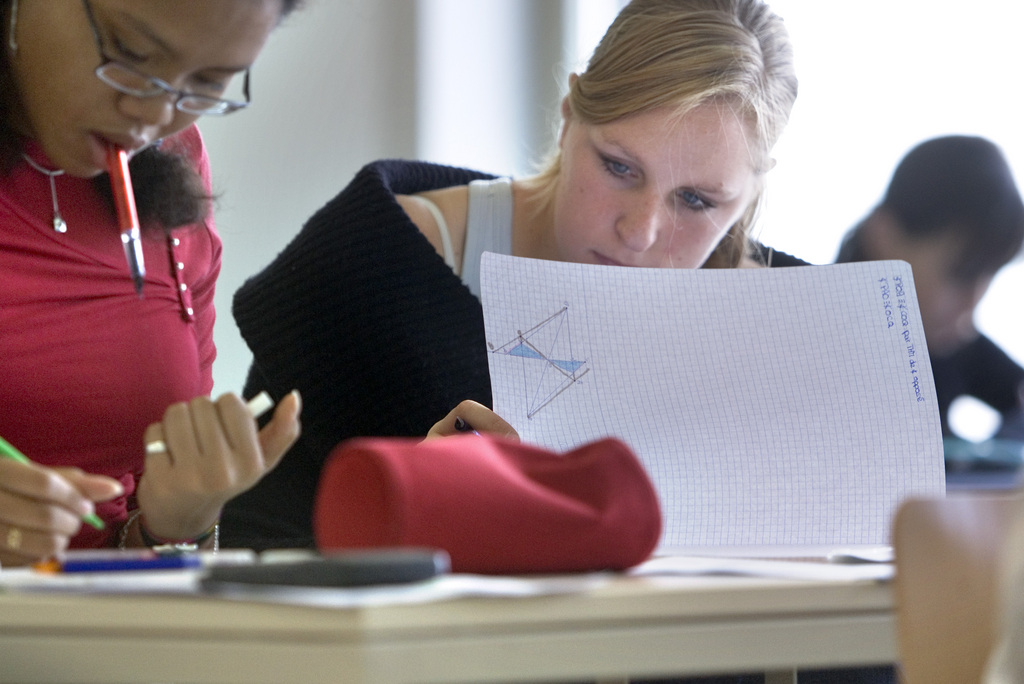
How have Swiss teenagers become top European performers in maths, as has just been revealed by the latest international assessment? swissinfo.ch went to the Rietwis School in the canton of Zurich to see how one institution has got it right.
Many schools are solely for primary or secondary level pupils, but it’s a sign of the numerous differences in the Swiss education system that this institution has children from kindergarten up to the end of obligatory schooling – and some of them took part in the 2012 Programme in International Student Assessment (PISA), organised by the Organisation for Economic Co-operation and Development (OECD).
While the younger children play football or ping pong during their break, dashing across a central courtyard from the different blocks of the small school building, the older students are gathering for their independent learning sessions.
For the last six years at this school, pupils from seventh to ninth grade have had two fewer formal maths lessons a week and instead have been working through problems on their own or in groups of their peers, with support from teachers.
The latest PISA results haven’t gone unnoticed here, but the school is keen to stick to its own objectives, rather than putting too much emphasis on the tests.
“I think it’s great, but maybe it will change next time…but we are happy of course”, Jürg Knecht, secondary level maths teacher at the school told swissinfo.ch.
“We didn’t change because of PISA. We do our work now just as we did it before.”
The one major difference in recent years has been a new book to be used in class. Instead of separate textbooks for pupils of different abilities, there is now one book that includes alternative exercises for varying levels of ability.
Knecht said that it had been hard to bring pupils together within a class when they were working from different textbooks, because they treated maths in different ways.
“I think it’s [now] easier for the children, there is more information for the kids, that’s completely different”.
Drawing comparisons
“I think proud is the wrong word”, said head teacher Ueli Roempp. “We are satisfied that we are improving our results…”
As far as he is concerned, while comparing countries might be useful for governments, it is not useful for a school, which can only really implement changes if they have specific results that strongly relate to their students and methods.
In the PISA tests, 40 points are approximately equivalent to one year of schooling. The average score for a Swiss teenager was 531 in maths, 37 points above the average.
“In general, Switzerland is one of the few European countries which is performing above the OECD average, which has been able to maintain that level over time”, Francesco Avvisati, analyst for the OECD told swissinfo.ch
“However, that’s already remarkable because many other European countries actually reduced their performance. Switzerland maintained its position in a way, in absolute terms. It was always a strong country in mathematics”, he commented.
Switzerland’s latest PISA scores can be seen below, along with the low level of change between the tests since 2000.
Independent learners
The Rietwis school works with the Zurich University of Teacher Education (PH Zurich) on their programme for the secondary level pupils.
It encourages its pupils to start taking responsibility for their own learning and future two years earlier than most other schools do.
In practice, this means maths lessons at this school are mostly active classes with lots of discussion and talking.
The pupils are then set tasks to complete during their independent learning sessions. How they go about this is up to them.
“I find this very cool. I can finish my homework and I can learn for the tests with my friends”, said Lorena, a 15-year-old student at the school as she tackled a mathematics worksheet.
The students from the three secondary levels sit at different desks in a large open plan room while they work on their own.
Some sit next to a window overlooking a garden, while others gather around high tables in an area for group work.
If anyone has a question, they put up a sign with a question mark on it. A teacher who oversees the group then works one-on-one with the pupil to help them.
“I think this is a really good thing, because we can ask when we don’t understand something and this helps us a lot”, remarked Kristina, another student from the secondary class.
Reading challenge
When the results of the first PISA study in 2000 came out, there was widespread shock at the disappointing results for Swiss teenagers. Among other things, it showed that a fifth of 15-year-olds could read only a simple text.
The average Swiss score for reading has improved steadily since then.
“We are focused more on reading and we have new mathematics books, but we didn’t plan exactly how we could improve these PISA results”, said Roempp.
“We made some steps to improve the focus more on reading and mathematics, but not a special programme.”
Efforts to keep practising reading and comprehension were being made before the PISA results, but the staff at the school agree this has been done more consciously since the first set of scores came out.
In an upstairs classroom German, English and Religious Studies teacher Marianne Voegeli is working on a project with a few students, gathered around a large computer screen.
“With the weaker classes I have to explain more of course, but also with them it’s very interesting to get into it and to talk about their thoughts and their ideas and to encourage them really to read”, she explained.
“They have now been reading ten or more books during these three years. They can be quite proud in the end.”
The school’s head teacher and the OECD agree that teachers have a key role to play in the whole equation.
“Schools tend to find it difficult to attract qualified teachers particularly in mathematics”, said Avvisati.
“The challenge ahead for Switzerland is certainly to keep having an attractive teaching profession and being able to attract the best graduates into the profession.”

In compliance with the JTI standards
More: SWI swissinfo.ch certified by the Journalism Trust Initiative
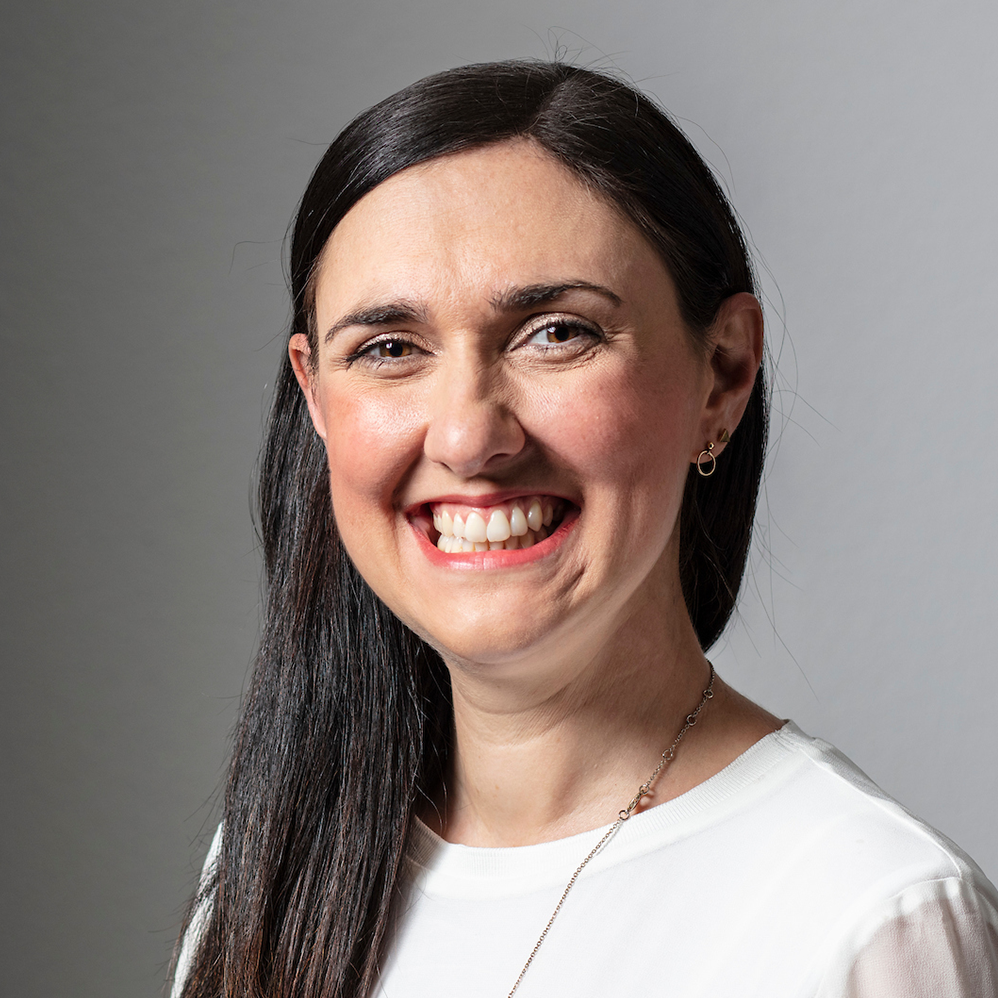
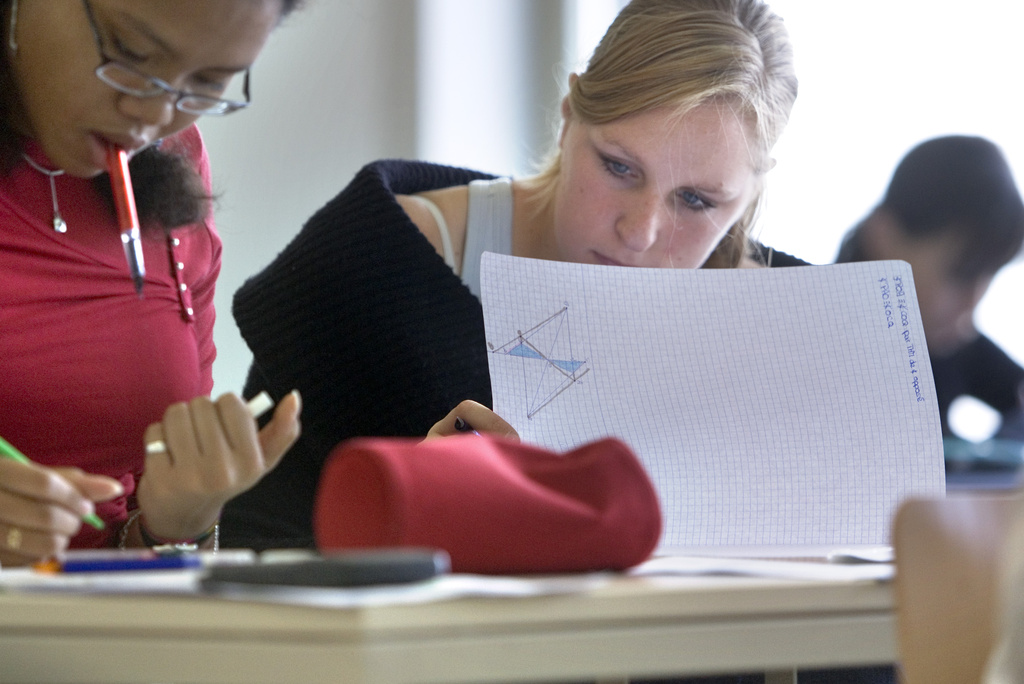
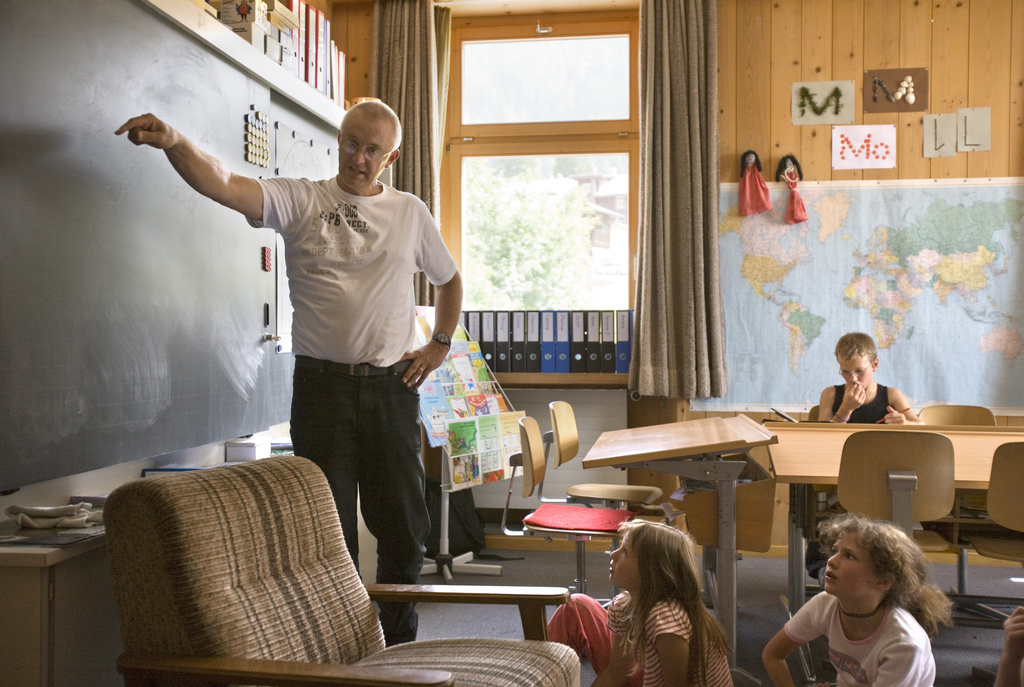
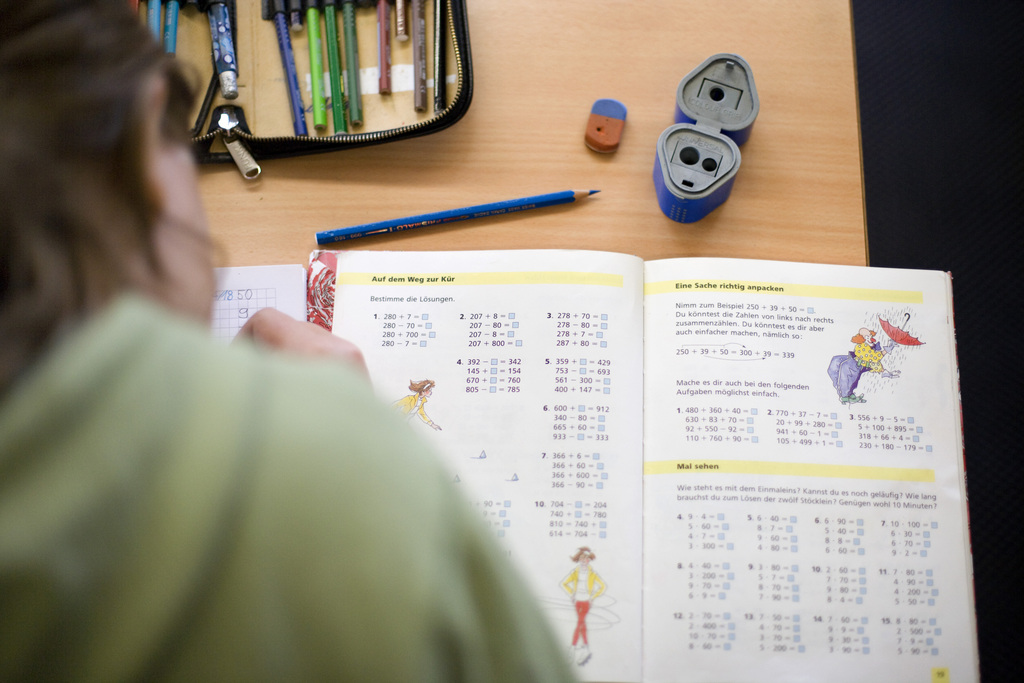
You can find an overview of ongoing debates with our journalists here. Please join us!
If you want to start a conversation about a topic raised in this article or want to report factual errors, email us at english@swissinfo.ch.